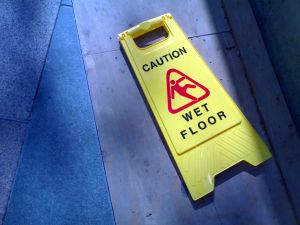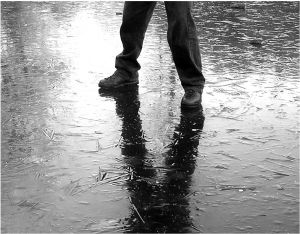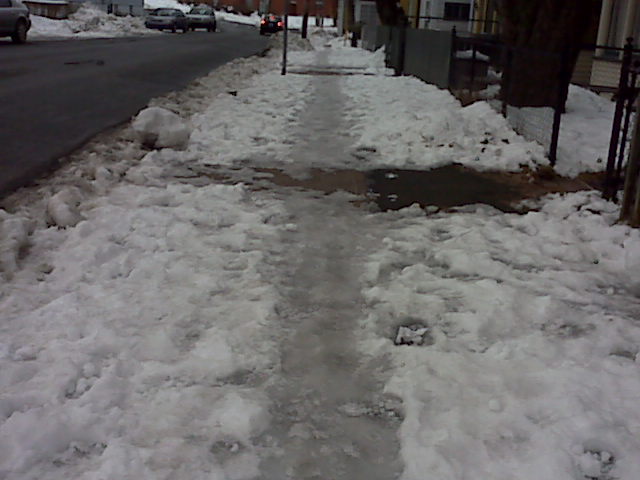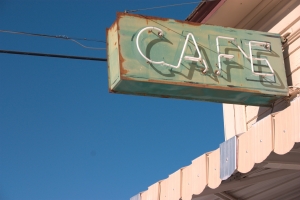Shoppers in Massachusetts who survived Black Friday without injury should consider it a small feat considering it is the most dangerous shopping day of the year. Even though the big event is over, shoppers and consumers will still be packing malls and shopping venues in the weeks to come, on the hunt for irresistible deals and gifts.

Injuries from shopping accidents in Massachusetts are more common this time of year when a business or merchant doesn’t take the necessary precautions to keep their premises hazard free.
We remind you of the post we did in October on our Boston Personal Injury Attorney Blog when we reported that a Massachusetts woman is filing for compensation following a 2006 shopping injury at a WalMart that left the bone in her ring finger exposed. The woman had tried to reach for a gift located on the top shelf and snagged her ring on a metal latch sticking out from the shelf. This accident, also known as degloving, could have been avoided if the WalMart had ensured customer safety by properly maintaining the property.
Boston premise liability lawyers find in many cases that retailers and store owners are considered negligent if they knowingly leave a hazard unattended. Maintaining the store property, including parking lots, sidewalks, and inside the premises is vital to keeping customers and employees free from injury.
There are several types of shopping-related injuries but the most common is slip and fall accidents, which are sometimes caused by an icy sidewalk, a freshly mopped floor, or cluttered aisles to name a few. Shopping cart injuries are also common this time of year when a child’s finger gets stuck, a cart topples over or is left unattended in an overcrowded parking lot. Head and neck injuries can often result when a customer is struck by a falling object from a shelf or boxes fall from an unsafely stacked store display.
Elevator and escalator injuries are also common when customers are riding and experience a malfunction. Overcrowding on these riding apparatuses can make them dangerous and present an exit hazard when customers can’t escape during an emergency situation.
Store owners and merchants are also responsible for keeping parking lots safe and hazard free. This means keeping surveillance cameras functioning properly, security cars patrolling the area and maintaining a well-lit parking environment to protect shoppers from assault or theft when they return to their cars. If a winter storm dumps an accumulation of snow, clearing the lots and sidewalks and laying down salt on top should be a top priority to prevent a slip and fall accident from occurring.
Shoppers are urged to use extra caution this time of year as stores will be overcrowded and liable for accidents. Keep close tabs on your children in the store and in the parking lot. Stay alert for shopping hazards like displays or falling objects. Try to avoid shopping after dark or during the busiest parts of the day like lunchtime or after work.
Continue reading
 The sidewalk where she fell was in front of land owned by a developer and leased by a retail store and a restaurant. Plaintiff filed a civil negligence action against retail store, restaurant, and the city of Providence treasurer. The complaint included state negligence claims and federal disability claims.
The sidewalk where she fell was in front of land owned by a developer and leased by a retail store and a restaurant. Plaintiff filed a civil negligence action against retail store, restaurant, and the city of Providence treasurer. The complaint included state negligence claims and federal disability claims. Boston Personal Injury Attorney Blog
Boston Personal Injury Attorney Blog








